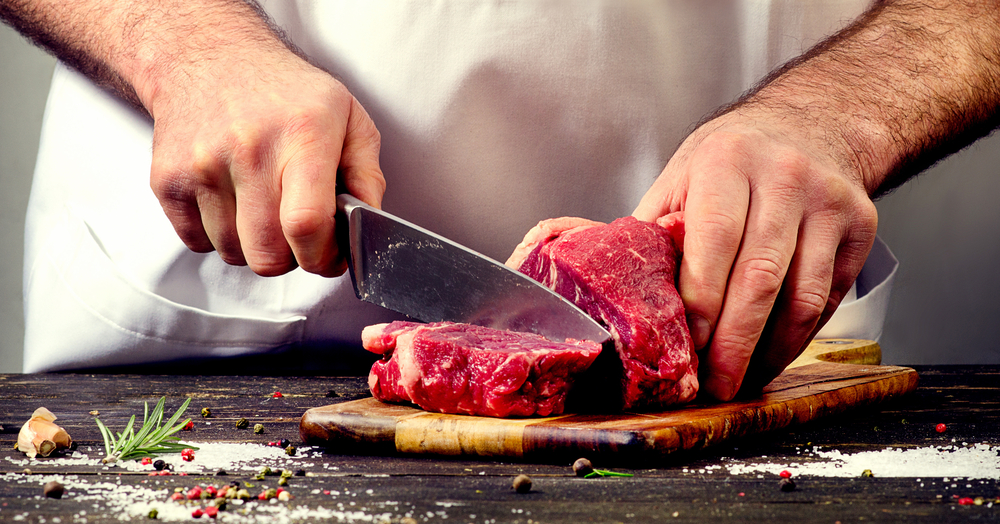UK Food Inflation Surges as Beef Prices Hit Record Levels
UK Food Inflation Hits Annual High as Beef Prices Surge
UK food inflation has reached its highest annual rate since May 2024, with rising costs for beef and fresh produce identified as key drivers, according to recent industry data. A prominent steakhouse chain co-founder has highlighted a significant increase in the price of beef, impacting the broader food sector.
Figures released by the British Retail Consortium (BRC), which represents major supermarkets and retailers, indicate that food prices climbed by 2.8% in the year to May. This marks the highest annual rate since May 2024, when food inflation stood at 3.2%.
Industry experts in agriculture point to a combination of strong consumer demand and constrained supply, partly attributed to a lack of government support for production, as primary factors behind the particular surge in beef prices.

Tomas Maunier, co-founder of the Brazilian-inspired steakhouse chain Fazenda, operating eight restaurants across the UK, described the current climate for the meat industry as “tough times.” He revealed that while his firm has absorbed the majority of increased operational costs, approximately 2% has been passed on to customers.
“Beef, specifically, has seen its cost rise by around 20% over the last 12 months, with a substantial portion of that increase occurring in the past six,” Mr. Maunier stated. He also noted that escalating production expenses and the increase in the national minimum wage are contributing to the overall cost burden, which ultimately affects consumers.
Nick Allen, Chief Executive of the British Meat Processors Association (BMPA), commented that intense competition among supermarkets had previously helped to suppress beef prices. He suggested it was inevitable that these rising farm-gate costs would eventually reach shoppers. “It’s no surprise. The farm price for beef has been consistently climbing to record levels,” Mr. Allen explained, cautioning that the industry faces a “real struggle” to meet demand. He further argued that government schemes have, in his view, prioritised environmental initiatives over direct production support.
Helen Dickinson, Chief Executive of the BRC, acknowledged that consumers of red meat “may have noticed their steak got a little more expensive” in recent times.
From the farming perspective, Jilly Greed, a fourth-generation arable farmer and suckler beef producer in Devon, underscored the fundamental economics at play. “It is entirely the maths – it’s about supply and demand,” she told the BBC. Ms. Greed elaborated that a “5% shortfall in cattle on the land,” coupled with a “1% increase in consumer demand,” has combined to drive the current price increases.
The ripple effect of these higher base product costs is impacting the entire supply chain. As Mr. Allen observed, “The base product is the highest it’s ever been, and sooner or later that has to filter through to the consumer.” The Agriculture and Horticulture Development Board (AHDB), funded by farmers and growers, has also noted that UK cattle prices have been rising at “unprecedented levels” since early 2025. While some of this rise is being passed on to shoppers, AHDB’s latest beef market update indicates that not all of the increased cost is currently being transferred.
Original source: BBC News
Read full article Share on X